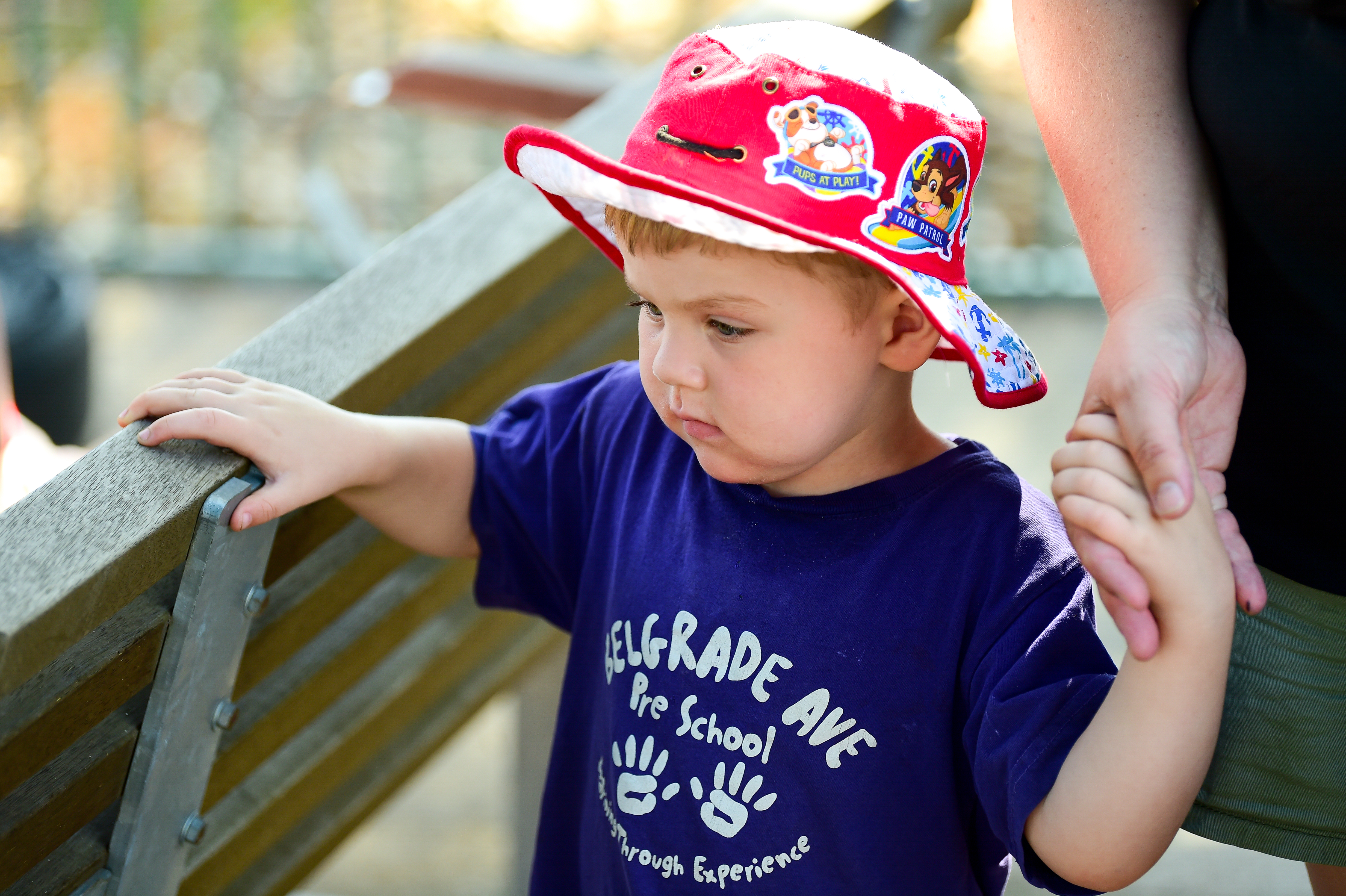 Wodonga Council provides inclusive programs where all children are welcome.
Wodonga Council provides inclusive programs where all children are welcome.
The Best Start, Best Life reform will see children attending three-year-old kindergarten access 15 hours of funded kindergarten. Children attending four-year-old kindergarten will have access to 20 hours of funded kindergarten in 2026.
How to enrol
To enrol your child into kindergarten, please apply via this link. Please ensure you select the correct year in which you want to enrol your child.
The enrolment information is the start of council supporting your child’s transition and participation into the kindergarten program.
It is critical that we have as much information as possible as this can also provide council with opportunities to seek extra funding to further support your child’s inclusion into the program. Please visit the FAQ page to find more information.
Email kinder@wodonga.vic.gov.au if you would like assistance with the enrolment process.
Please note: Wodonga Council kindergartens do not have preferences. Allocations will be provided in September of the year prior, after applicants have an opportunity to meet with our team.